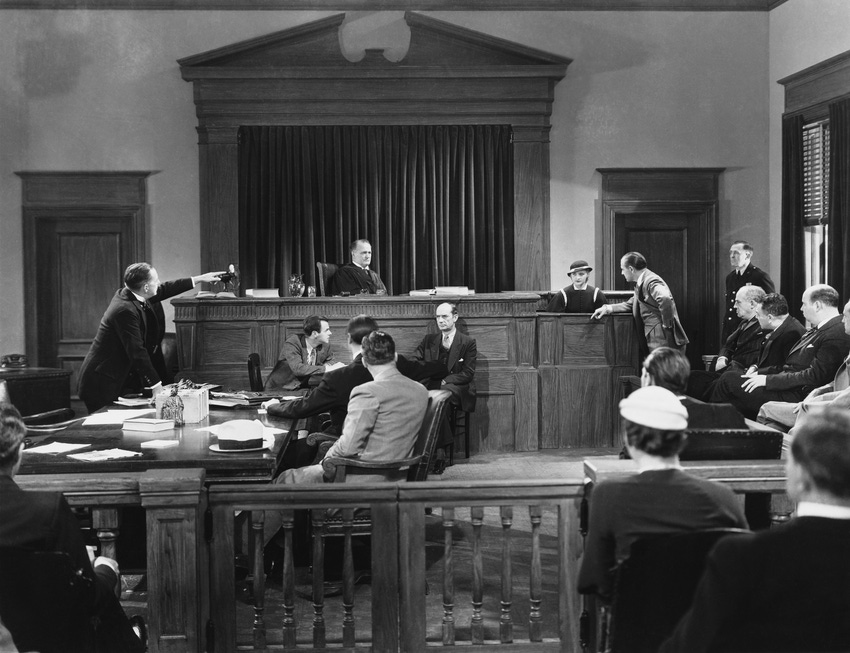Proposed changes to the broadband market surrounding the use of dark fibre have been quashed by the Competition Appeals Tribunal, marking a win in the courts for BT.
July 26, 2017

Proposed changes to the broadband market surrounding the use of dark fibre have been quashed by the Competition Appeals Tribunal, marking a win in the courts for BT.
The rules were focused on increasing broadband speeds, while simultaneously protecting competition across the UK. The new dark fibre market would essentially force BT to introduce a new product which would allow rivals to install their own equipment to send signals along fibre optics rather than paying to use Openreach gear. The rules were supposed to challenge Openreach’s dominance in the leased lines market.
BT’s rivals have argued continuously that the dark fibre idea is crucial in the delivery of 5G networks as demand to provide high-speed mobile data is growing at an astonishing rate. The hope was dark fibre would reduce the dependence on Openreach for leased lines, as the number of masts is set to increase as mobile operators rise to meet the growing mobile data demands.
The issue here is primarily surrounding the way Ofcom had defined the leased lines business. The statement from the Competition Appeals Tribunal is below, however this is a major roadblock in dark fibre developments. Should Ofcom wish to continue down this route, it will have to head back to the drawing board to sharpen up its proposals.
“The Tribunal finds unanimously that:
Ofcom erred in concluding that it was appropriate to define a single product market for CISBO services of all bandwidths;
Ofcom erred in concluding that the RoUK comprises a single geographic market; and
Ofcom erred in its determination of the boundary between the competitive core segments and the terminating segments of BT’s network.
Ofcom’s decisions in respect of all three matters will therefore be quashed. However, as will be explained in the full reasons, the Tribunal is not in a position to substitute its own findings in relation to any of the above matters. The matters will therefore be remitted to Ofcom for reconsideration.”
Ultimately what we have seen here is an example of why regulating the telco industry is such a nightmare for groups like Ofcom. A couple of months back, Telecoms.com met with representatives of Ofcom who told us that one of the big problems in proposing new rules is the friction from telcos from any changes. For every change which is proposed, armies of lawyers line up in resistance looking for the smallest mistake to quash the changes.
To prevent such cases, Ofcom has to take an incredible amount of care in the wording and foundations of the rules, as well as seeking justification through various pieces of market research and public consultations. It’s a lengthy process to ensure the changes are watertight against any retaliation from stubborn telcos, hence the rate of change being so slow.
It would be fair to say that this time, Ofcom did not nail it.
About the Author(s)
You May Also Like








.png?width=300&auto=webp&quality=80&disable=upscale)


_1.jpg?width=300&auto=webp&quality=80&disable=upscale)


.png?width=800&auto=webp&quality=80&disable=upscale)